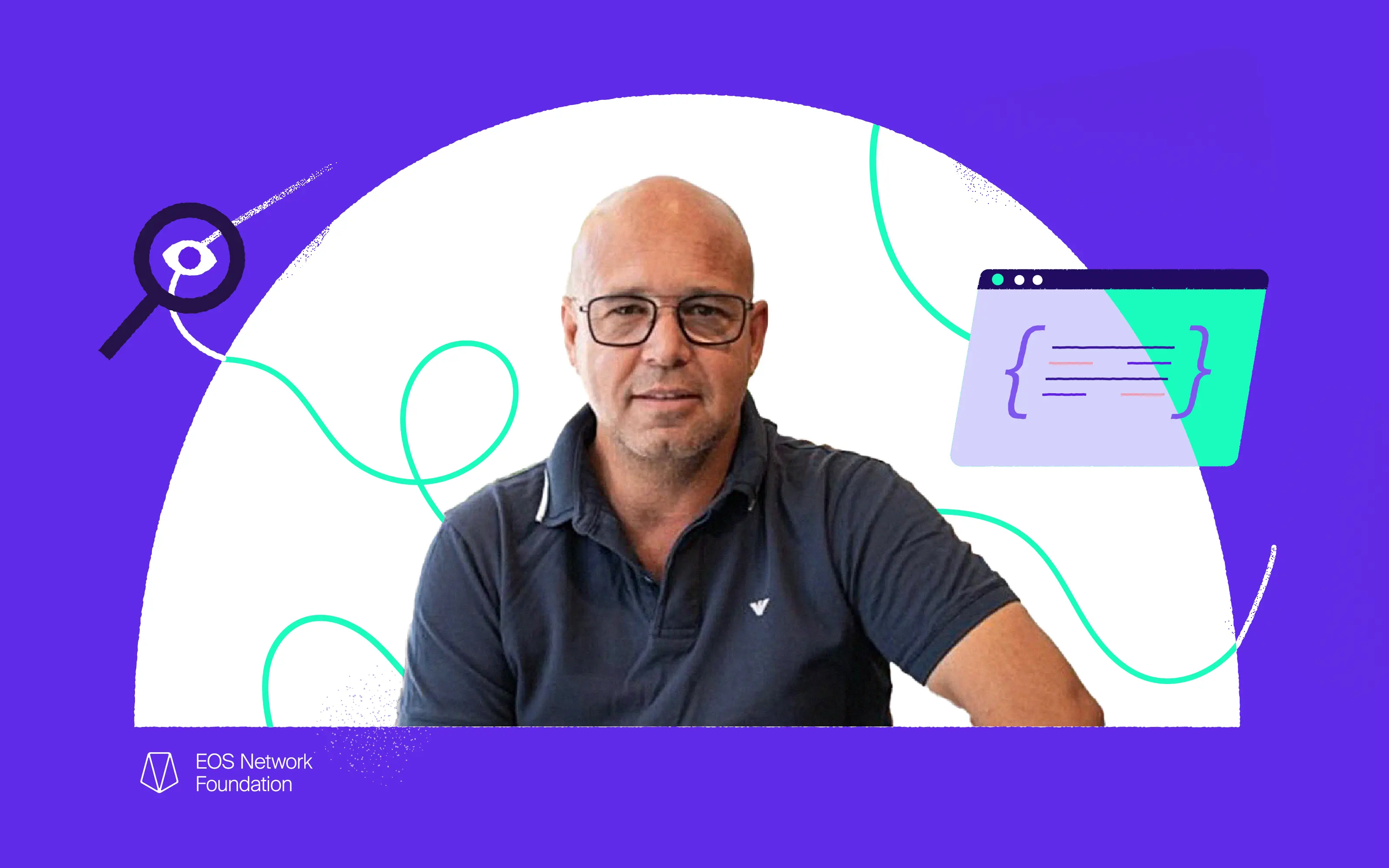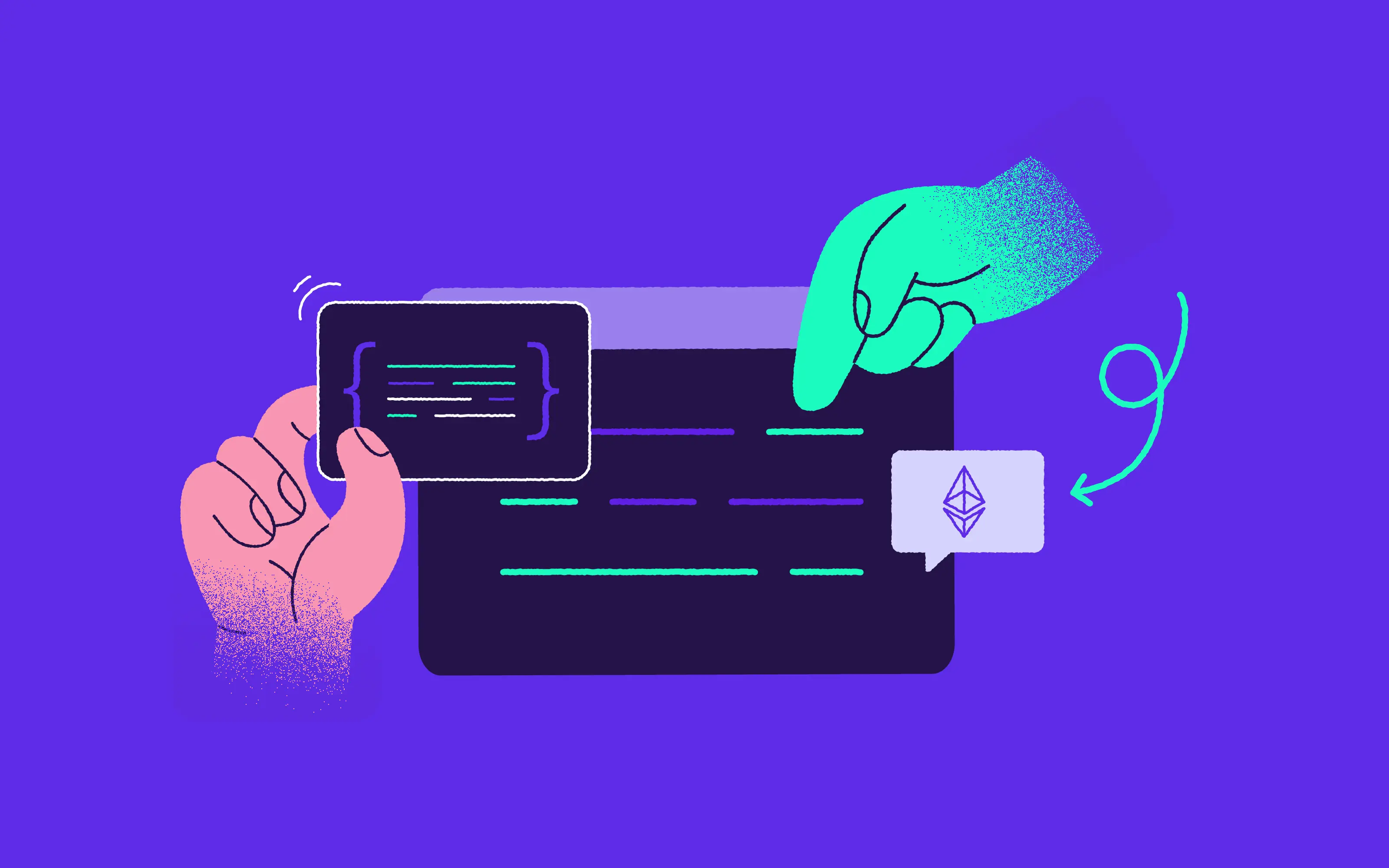From Gas Fees to Gas-Free. Handling Transactions in the Web3 Industry
25.10.2022 | 4 min read

The cryptocurrency world has many benefits, still for many people, paying gas fees is a Halloween nightmare. Some even say that the current gas prices make it impossible to do anything. That could be a big problem for companies that want to use Ethereum's blockchain to grow. The crypto community is looking for ways to get around gas fees because of this. One of them is The Merge, but there are others, like the EOS Network Foundation. 10Clouds caught up with its CEO, Rhett Oudkerk Pool.
Why Gas Fees Are So High
Gas fees are what people pay to complete a transaction on a blockchain. These fees are used to pay blockchain miners for the amount of computing power they have to use to check transactions on the blockchain. Most of the time, they are paid in the blockchain's own currency.
Even though in most cases you can't do blockchain transactions without gas fees, their price is very unstable and depends on a lot of different things. The two most important ones include block time (how long it takes to make new blocks) and its transaction throughput (how many transactions a single block can process).
The price of gas for blockchains like Ethereum and Bitcoin changes based on how busy the network is. That means that the gas fee goes up as more people use the network.
Before 2020, most transactions on the blockchain were fairly cheap. But now, with the rise of Web3 and NFTs, the price of gas feesare huge, hindering blockchain mainstream adoption. Also, this basic scaling problem calls into question many of its core ideas.
Attempts to Fix the Issue of Gas Fees
But as William Henry Davies's poem says, "What is this life if, full of care, we have no time to stand and stare." This perfectly describes the recent changes in the crypto area. The Merge is one way to fix the issue of gas fees.
The long-awaited switch to proof-of-stake has been made on the Ethereum blockchain. Before, the Ethereum blockchain relied on proof-of-work, a way to reach a consensus that requires all the decentralized nodes in the blockchain to do a lot of computing work.
After the change, Ethereum will use 99.5% less energy in the first place. But on top of that, the network will also improve its scalability as well as speed up transactions and cut gas fees.
Getting rid of transaction costs is one of the most interesting things about EOS. It’s a digital currency that runs on its own blockchain. Notably, there are no transaction fees for sending and receiving EOS because the network operates on its own open-source blockchain. Instead, miners are rewarded with newly created EOS tokens.
"When I walk into a store, I don't have to pay extra because the heat is on and the lights are on. I just walk into the shop, buy what I want, and all the facilities around it are set up for the products and services I buy there. It should be the same on the blockchain. As a user, I buy something or use a service from someone, so that company should pay for my use of that chain "The CEO of the EOS Network Foundation, Rhett Oudkerk Pool, told our media team at the Blockchain Expo in Amsterdam.
Also, the other yet very significat difference between how Ethereum and EOS work is that Ethereum rents out its computing power to developers, while EOS gives developers full ownership of its resources.
"You are a co-owner of the chain, and you know that because you have a few tokens, you have a piece of the ownership chain. And because you are part of the ownership chain, you have some ability to make a transaction. You're an idiot if you want to use that to send spam, but you can do it because you own a link in the chain," Rhett added.

Conclusion
When it came to providing security and encouraging adoption, early blockchain networks relied heavily on network fees. After ten years of widespread user adoption, however, it's clear that Web3 is headed for a "gasless" future.
With users having to pay for each transaction, current Web3 business models have a hard time scaling to millions of users. Web3 users, on the other hand, can benefit from a frictionless experience thanks to a model in which gas costs nothing.



